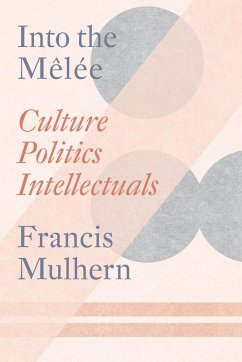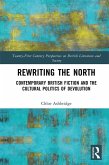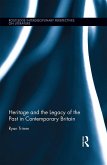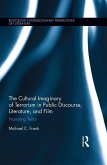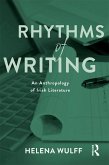Into the M¿l¿e probes the mercurial relationship between culture and politics through versatile critical writing on Conrad, Orwell, Sartre, Raymond Williams and Roberto Schwarz, among others.
The 'm¿l¿e' that Romain Rolland wrote to deplore was the Great War of 1914. The phrase gained general currency as a call to cultural service beyond the pressures of everyday political and social strife, a vocation 'above the fray'. Francis Mulhern writes in the contrary belief that there is no social location corresponding to this desire, strong and appealing though it may be.
Into the M¿l¿e opens with questions of nationality, from F. R. Leavis's efforts to assert an English literary subject to Tom Nairn's political vision of England and Scotland 'after Britain'. Other essays concern intellectuals and, in one way or another, the politics of revolution and counterrevolution, from Burke to the present. The book closes with a portrait of the New York magazine n+1 as heir to the militant traditions of Partisan Review.
In its embrace of provisionality and its magpie curiosity, the essay is a mode especially well suited to the purposes of a Marxist criticism morally committed to the value of being surprised. These are key texts for cultural and literary studies from the author of the critically acclaimed The Moment of 'Scrutiny'.
The 'm¿l¿e' that Romain Rolland wrote to deplore was the Great War of 1914. The phrase gained general currency as a call to cultural service beyond the pressures of everyday political and social strife, a vocation 'above the fray'. Francis Mulhern writes in the contrary belief that there is no social location corresponding to this desire, strong and appealing though it may be.
Into the M¿l¿e opens with questions of nationality, from F. R. Leavis's efforts to assert an English literary subject to Tom Nairn's political vision of England and Scotland 'after Britain'. Other essays concern intellectuals and, in one way or another, the politics of revolution and counterrevolution, from Burke to the present. The book closes with a portrait of the New York magazine n+1 as heir to the militant traditions of Partisan Review.
In its embrace of provisionality and its magpie curiosity, the essay is a mode especially well suited to the purposes of a Marxist criticism morally committed to the value of being surprised. These are key texts for cultural and literary studies from the author of the critically acclaimed The Moment of 'Scrutiny'.
Dieser Download kann aus rechtlichen Gründen nur mit Rechnungsadresse in A, D ausgeliefert werden.

